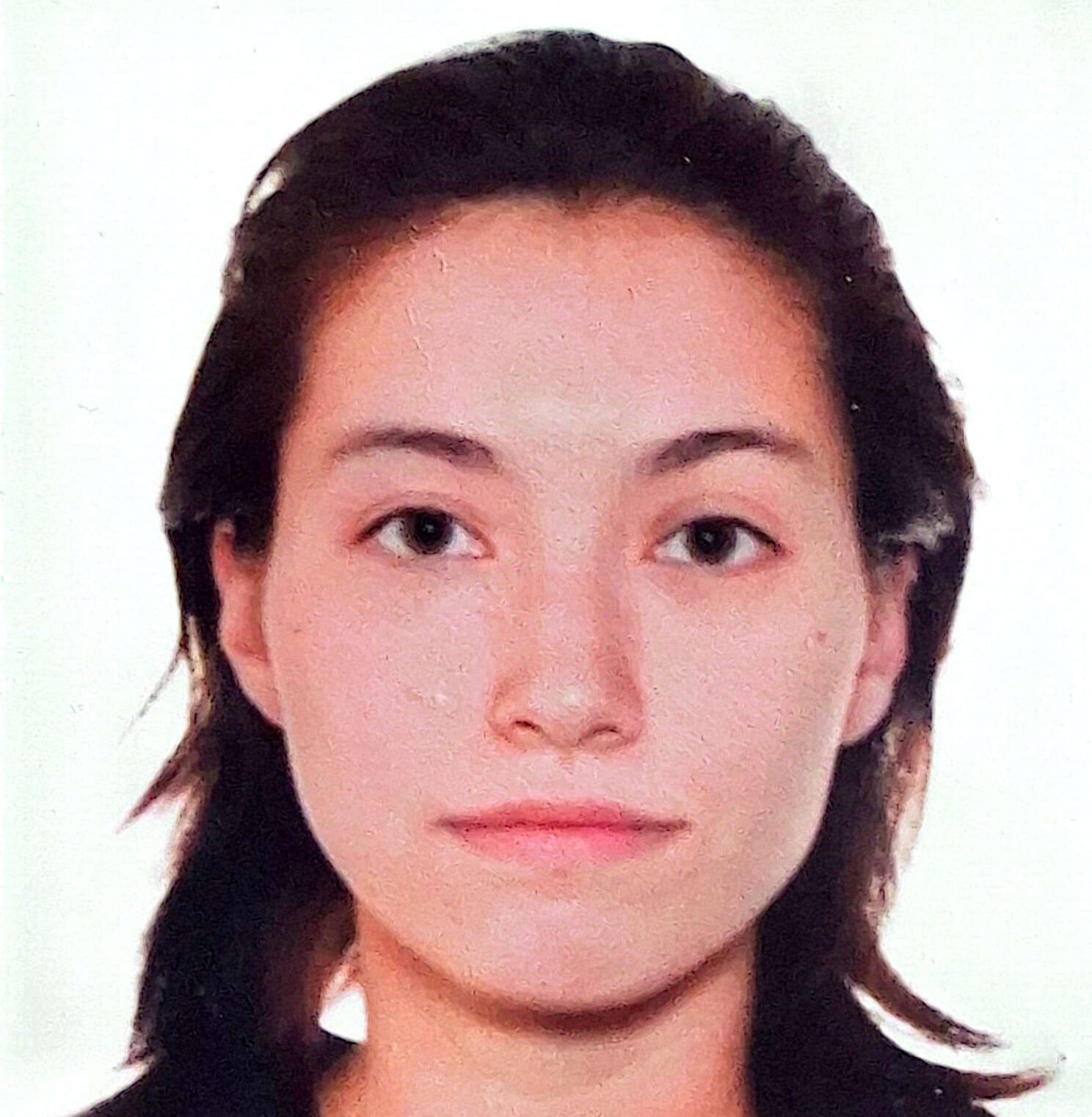A Day of Remembrance
Today marks the twenty-first anniversary of the Madrid Atocha train bombings, the deadliest terrorist attack in Spanish history and in continental Europe. For Spaniards, it is a national day of mourning.
On the morning of 11 March, 2004, ten bombs exploded on four different trains in and around the Atocha station in central Madrid, killing 192 people and injuring more than 1800.
The attacks were of major historical and political significance, occurring three days before Spain’s general elections.
At 7:37am, the first explosion occurred at Atocha station, the biggest station in Madrid. Over the next twelve minutes, it was followed by more explosions, at El Pozo del Tío Raimundo station and Eugenia station, two other transport hubs located in Madrid.
At 7:39am, four more explosions occurred on a train near Calle Téllez, 800 meters away from Madrid Atocha. Three more unexploded devices were later discovered and defused by police. Emergency services arrived soon after.
The number of victims was so great that a field hospital was opened at a sports centre nearby.
Investigation of the Truth
The investigation into the attack initially blamed Euskadi Ta Askatasuna (ETA), a radical leftist terrorist organisation associated with Basque separatists, despite little evidence linking the events of 11 March to the group.
Ángel Acebes, Spain’s interior minister said after the attacks, “There is no doubt ETA is responsible.”
Conspiracy theories arose linking the events to the Basque separatist group, claiming that the group had committed the attacks in an attempt to disrupt the Spanish general elections. ETA had been responsible for thousands of attacks and hundreds of deaths in Spain at the time.
The ETA theory was discarded by police when an abandoned Renault Kangoo van was found parked outside a train station in Alcalá de Henares, a town located northeast of Madrid. Inside the van, police found cell phones, Arabic cassette tapes, and detonators.
Al-Qa’ida in Reality
The police linked the attacks to an Al-Qaeda cell, mostly made up of Morroccans, many of whom had criminal backgrounds before being radicalised. Evidence pointed to the attackers initially becoming connected to Al-Qaeda via connections in the criminal underworld.
However, even as the first arrests were made, the government, largely made up of the Spanish establishment in Madrid, continued to blame ETA for the attacks.
Elections and Aftermath
The deadly attacks in Madrid happened just three days before Spain’s general elections.
The government, at the time headed by conservative People’s Party (PP), withheld information about the attacks. This paved the way for major political shifts within the country.
The establishment government continued to blame the attacks on Basque separatist group ETA, even when more information emerged during the police investigation revealing the lead as a red herring and instead pointed to an Al-Qa’ida cell.
The establishment government’s denial of facts led to their losing the election and drew the ire of the Spanish public, who demanded answers. Anti Government protests sprung up across the country. At the time, Spain had sent troops as part of a U.S. coalition during the invasion of Iraq.
After the Islamist origin of the attackers was discovered, many voters made the connection to Spain’s involvement in the Middle East and condemned PP for their continued support of the invasion.
Many Spanish voters felt that PP downplayed the role of Islamists in the events to avoid drawing criticism of their involvement in the conflict. Other Spanish political parties had opposed the U.S. invasion of Iraq and even protested against it.
PP’s lies led to the election of PSOE, a social democratic party which honored their promise to withdraw troops from Iraq that same year.
The Madrid bombings remain a dark chapter of history, and forever altered the political and social landscape of Spain.
As we mark the 21st anniversary of the attacks, we must remember the lives lost and the lasting impact of these events on Spain’s fight against terrorism.
A Middle Line: Spain Seeks a Bridge With Beijing
Chinese Disinformation Campaign on Spanish Government
Morocco Edges in on Spanish-Controlled Sahara Airspace



